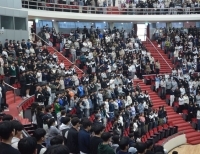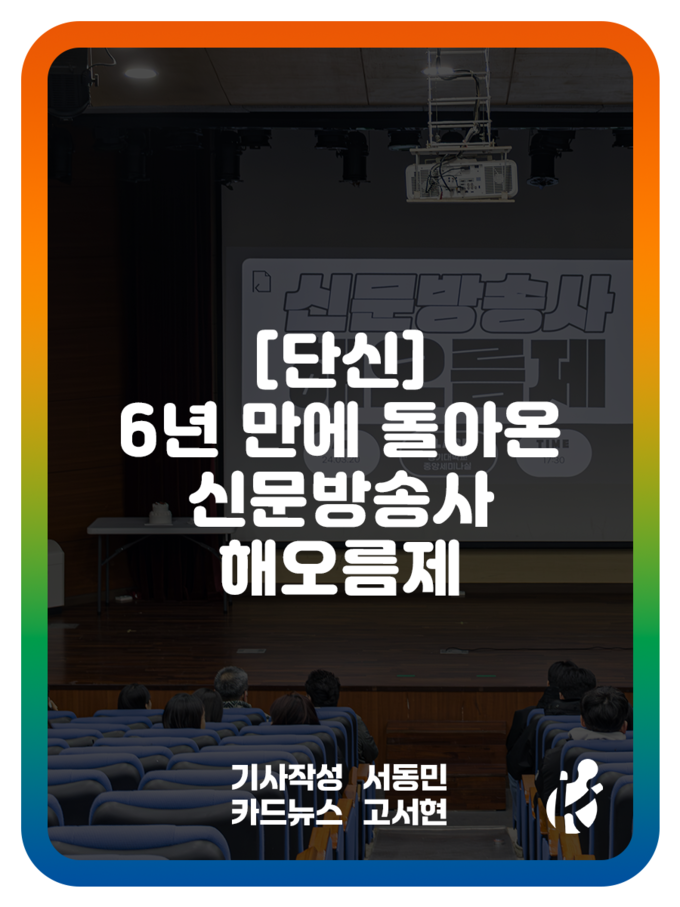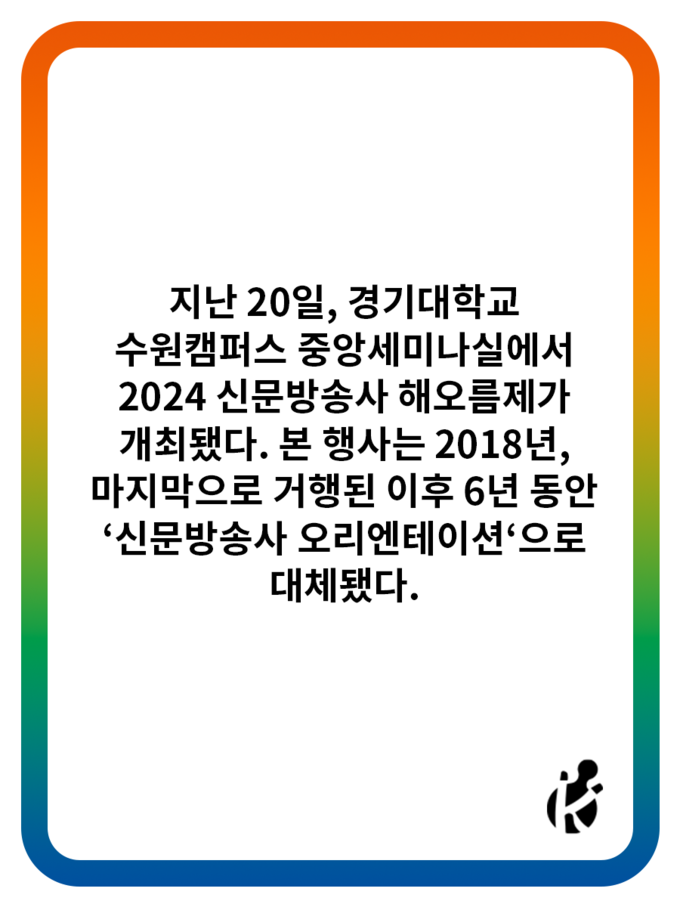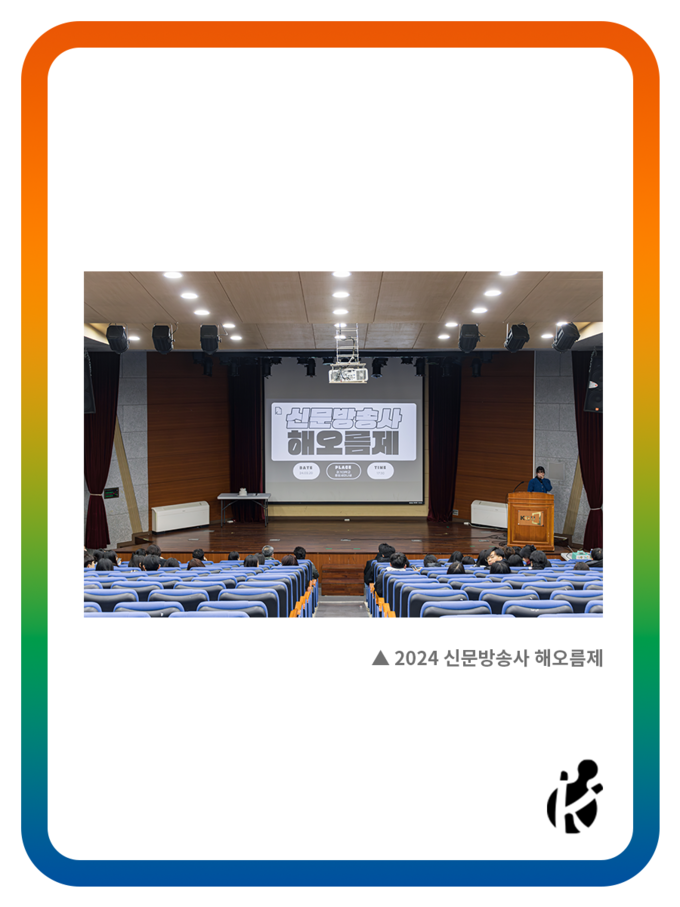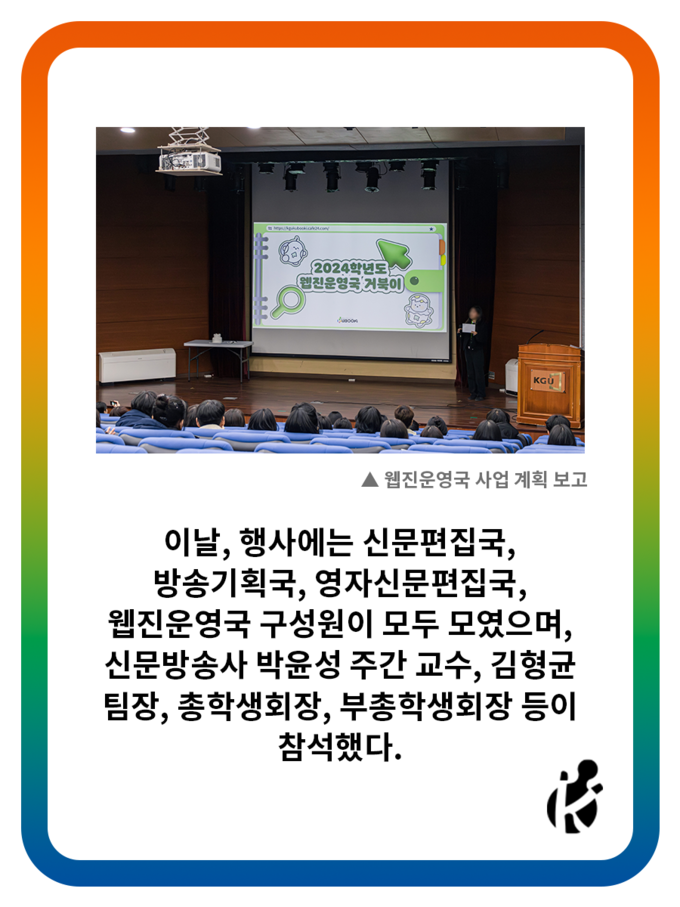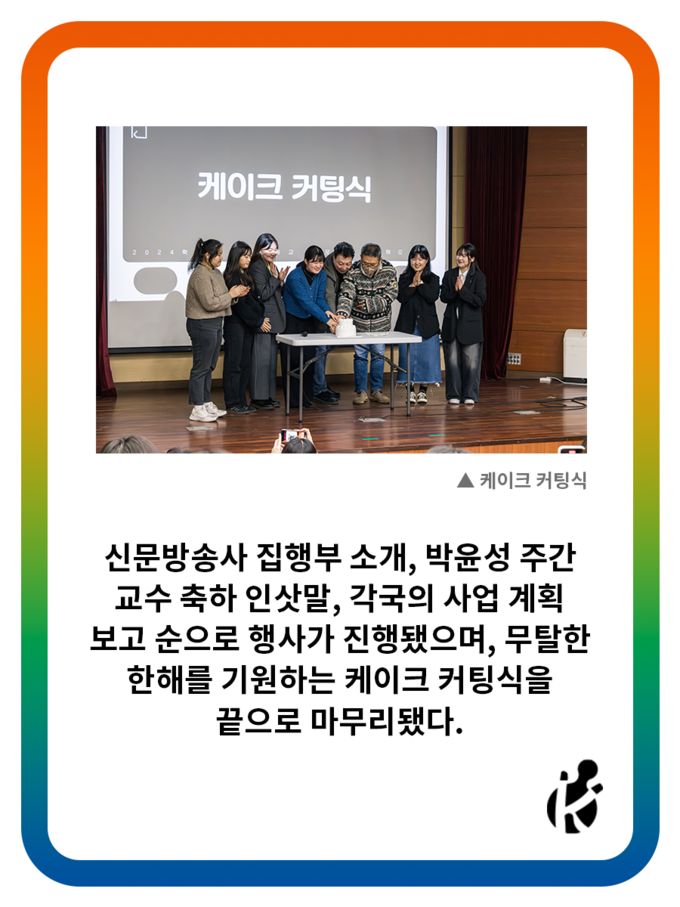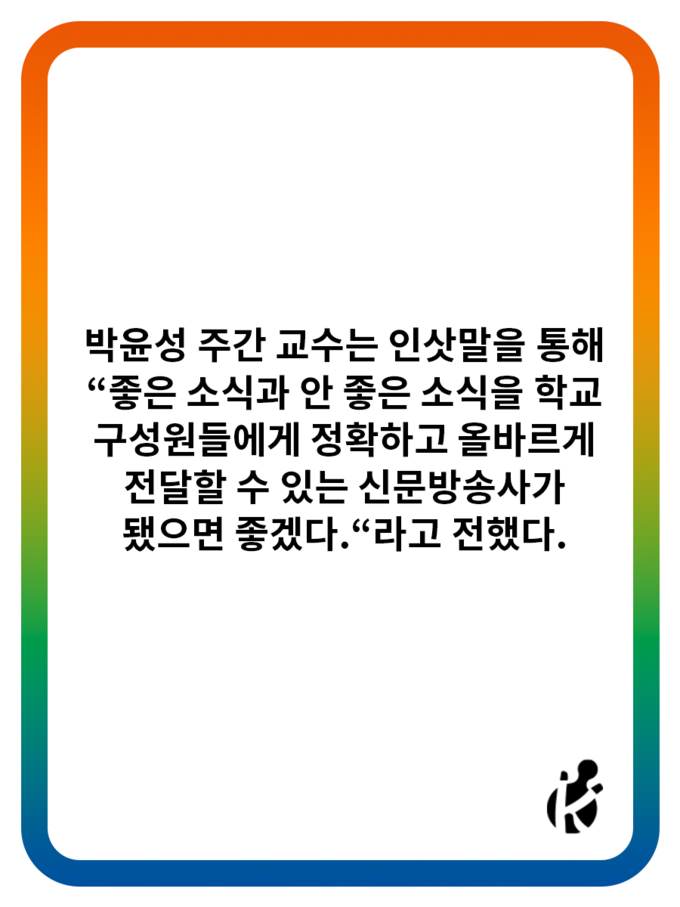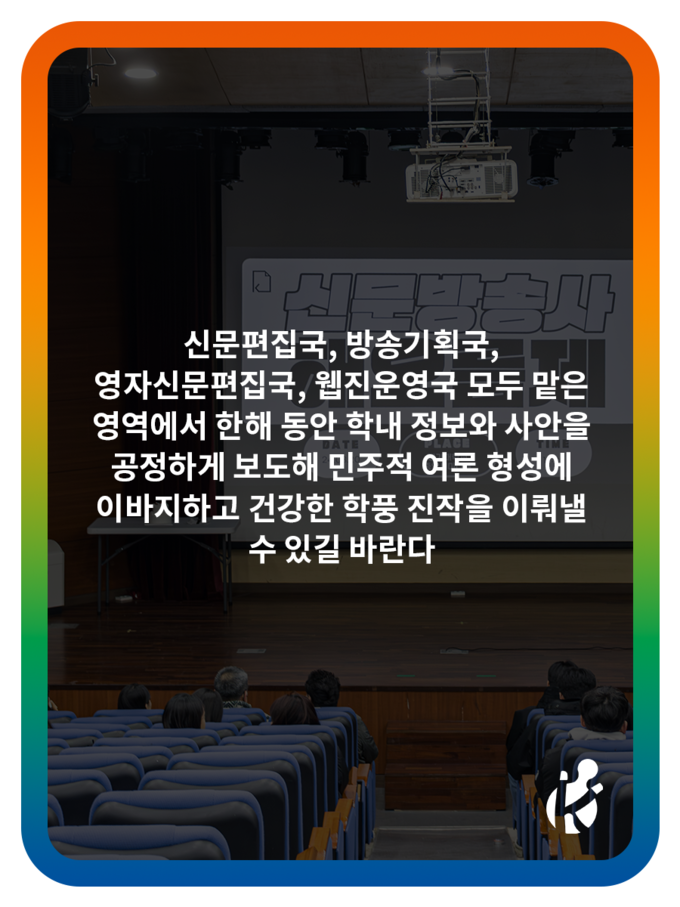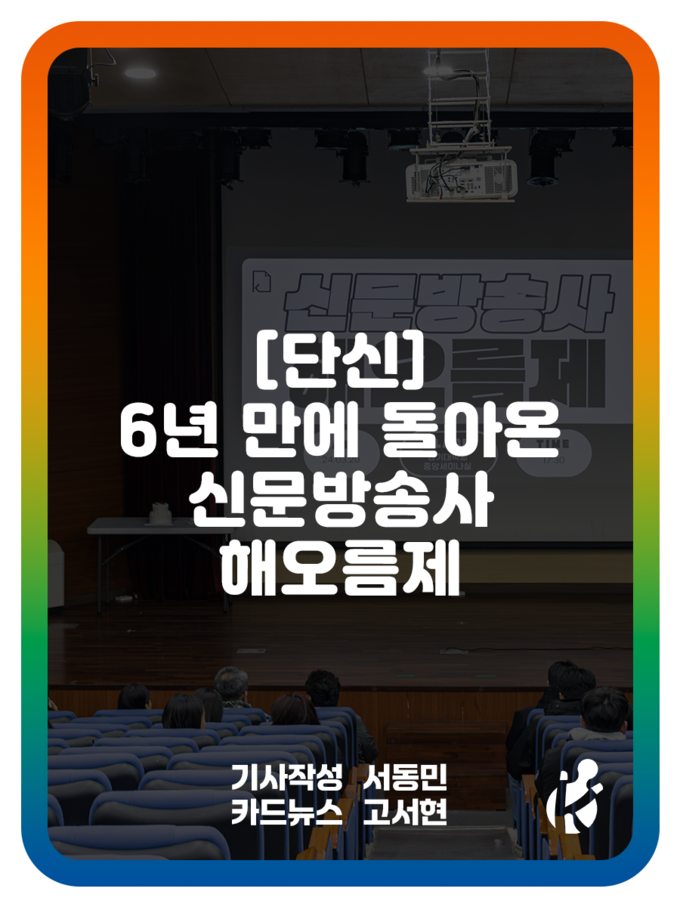When the KBS comedy program “Gag Concert” was canceled for the first time in 21 years on June 26, it meant that the comedy programs of the three broadcasting companies (SBS, KBS, MBC) had completely disappeared. The popularity of comedy has declined due to increased media content and changes in the sentiment of the times. Some comedians cited the reason as the limited level or limitation of public broadcasting. What was comedy like to people? Let’s take a look at how comedy started in Korea and how it affected people and the media.
The origin of Korean comedy was based on comic talk that conveys stories with words and gestures to make people laugh. Then, with the birth of TV, comedy in Korea become more formal. The time when Korean comedy programs began in earnest was when new broadcasters MBC and TBC produced many comedy programs along with dramas. It became loved to the point that it has been popular for about 30 years with comedy programs that make people laugh with their particular formals, such as “If You Laugh, Blessings Will Come Your Way” and “Let’s Sing.”
If comedy had grown steadily until the 1970s, in the 1980s, it had a bigger rise and featured character-oriented comedies. In particular, the appearance of a fool character called “Young-gu” had such a great influence. At that time, the concept of variety was introduced, and a new genre of “talk comedy” become popular, breaking away from traditional comedy. Comedians were also the MCs of the programs, showing not only their organizational skills, but also how quick and witty they were. In addition, with the “Chairman, Chairman, Our Chairman” segment coming out, comedy shows became known for mainstream current affairs satire gags that politicians and the higher classes of society considered vulgar.
There were comedians called legends in the 1980s and then 1990s who produced a drastic change in Korean comedy. The authentic comedy of those times, which was primarily represented by slapstick comedy, had been on the decline, and variety shows with witty words and ad-libs began to draw attention. With this change, many comedians walked down the road, but the “Secret Camera” and “Seo Se-won’s Show” programs drew laughs with clever puns and ad-libs. Also, in the 1990s, female comedians appeared as MCs. Overall, slapstick’s body gags evoked laughter with many buzzwords and songs.
In the 2000s, while talk shows and variety show programs continued to be popular, a stand-up comedy format was created by mixing comedy stages and live performances. This revived authentic comedy and created the concert-style “Gag Concert” program. The three broadcasting companies (SBS, KBS, MBC) recruited many comedians and continued to air comedy programs. The culture of people watching and participating in comedy programs created.
People thought TV comedy would continue to grow, but it hasn‘t. The emergence of new video media and YouTubers created video content that audiences turned to for laughter instead of watching TV comedy programs. In the end, the long-running TV comedy programs ended, creating other programs for people to watch on TV, such as daily life observation and companion animal shows, instead of comedy programs. However, recently, programs called “We Can’t Be No. 1” and “Genre Is Only Comedy” have come out and are trying to revive the comedy genre. “We Can’t Be No. 1” is aimed at exploring why there is no divorce among comedian couples, and three pairs of comedians show their real married lives and make people laugh. “Genre Is Only Comedy” consists of short-form dramas showing the scalability of comedy through collaboration with various genres such as webtoons, dramas, entertainment, and music.
Just because TV comedy programs have disappeared doesn’t mean that comedy is completely gone. Currently, comedians are playing a lot of roles on TV programs and making people laugh. Recently, they have combined comedy with the trends of the times to revive comedy. Video media have sprung up to replace comedy programs, but the Pharos hopes the comedy program, which has been responsible for much laughter, will be revived and the comedy craze will thrive again.
Planning Editor • KIM JIN • coo0714@naver.com
- TAG
-
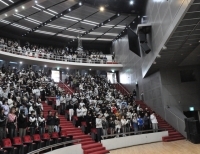 What Happened in KGU? : 수원캠퍼스 학생총회 편
On April 4th, a general meeting of students was held in the Tele-convention center at the Suwon campus. The contents were the same as the general meeting of students in the Seoul campus: the first part was for agenda announcement, the second part was about the Membership Training for whole university, and the third part was simple Q&A time. In the first part, the agendas were all the same as the ones for the Seoul campus, and the result of the ...
What Happened in KGU? : 수원캠퍼스 학생총회 편
On April 4th, a general meeting of students was held in the Tele-convention center at the Suwon campus. The contents were the same as the general meeting of students in the Seoul campus: the first part was for agenda announcement, the second part was about the Membership Training for whole university, and the third part was simple Q&A time. In the first part, the agendas were all the same as the ones for the Seoul campus, and the result of the ...

 [1100호 축사] 경기대 역사의 寶庫 경기대신문의 1100호 발행을 축하드립니다
[1100호 축사] 경기대 역사의 寶庫 경기대신문의 1100호 발행을 축하드립니다
 [와이파이] 큰 박스에 달랑 물건 하나, 과대포장 규제 정책 시행은 언제쯤
[와이파이] 큰 박스에 달랑 물건 하나, 과대포장 규제 정책 시행은 언제쯤
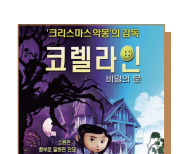 [문화산책] 이 세계는 멋져 보이지만 모두 환상이야
[문화산책] 이 세계는 멋져 보이지만 모두 환상이야
 [진리터] 1100호가 우리의 종착지는 아니니까
[진리터] 1100호가 우리의 종착지는 아니니까

 목록
목록






